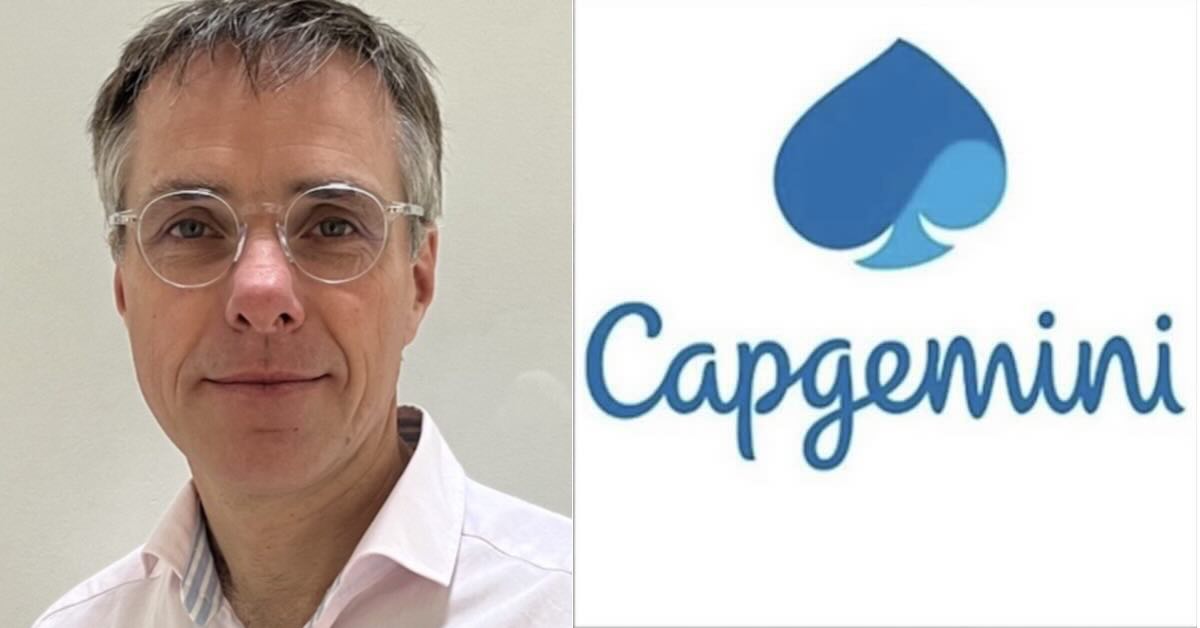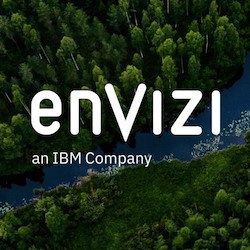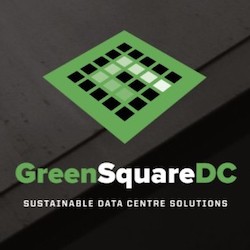Rewind to September 2024. An urgent call echoed throughout New York that week, describing why it’s time for climate action.
On September 25, 2024, hundreds of people gathered at The Glasshouse in Manhattan for Capgemini’s special event examining how organizations can join the clean-energy revolution by embracing sustainability as an enabler, rather than a blocker, of value.
Capgemini’s Business to Planet Connect was part of Climate Week NYC, a key international summit for business, government, and civil society. It was hosted by Climate Group and held alongside the United Nations General Assembly.
The general sessions at Business to Planet Connect set the tone for the specialized panels to come later in the day. The morning’s speakers hit upon the obligation to address climate change, the collaboration between policymakers and investors, the technologies that are revolutionizing sustainability efforts, and the opportunity to innovate.
Empowering nature’s voice: Companies must prioritize climate up to the board level
Two climate action leaders and sustainable business-strategy pioneers – ClimateVoice Founder and Former Executive Director Bill Weihl and Natural Logic Founder and CEO Gil Friend – delivered an impassioned keynote. They argued voluntary corporate action is admirable but insufficient, and that economy-wide policy changes are necessary. This will require supportive public policies that encourage effort at scale.
Weihl, who lost his voice to ALS, spoke to the crowd through an AI-powered voice clone developed by ElevenLabs. He used his personal experience with the condition as a metaphor for climate change: both are dire and progressively worsening. However, there is no cure for ALS, whereas solutions exist that could address up to 90 percent of the climate crisis, according to Weihl.
“[With ALS], I can personally hope for a miracle soon. But the big challenge is finding equanimity and acceptance,” Weihl said. “With climate, we can all hope, but hope is not a plan. Instead, we collectively can and must adopt and deploy the solutions we have much faster, while we continue R&D on the areas where we don’t have good solutions yet. That word ‘collectively’ is key.”
Friend called for businesses to shift their focus from maximizing shareholder returns to belonging to the living world. What would happen if companies expanded their sense of fiduciary responsibility, the obligation to act in a client or beneficiary’s best interests, to encompass nature and climate?
He argued that willful disregard of meaningful material information (e.g., environmental impacts, sustainable alternatives) result in business practices that “verge every day on violation of fiduciary duty to shareholders.”
Aligning investments, policies, and technology: Collaboration is crucial for future resilience
The first panel discussion explored the role of private and public partnerships in meeting evolving regulations and stakeholder expectations, as well as the intricacies of aligning investments, policies, and technologies.
Christophe Defert, Head of HSBC Asset Management’s climate tech venture; Adam Schafer, Head of Supply Chain Strategy at CHIPS for America in the US Department of Commerce; and Daniel Doimo, CEO of Solarlytics, agreed that success in sustainability requires collaboration between policymakers, investors, and industry players across the entire supply chain – upstream and downstream.
“Collaboration is the only way to actually [effect] any meaningful change there, whether it’s from a policy standpoint or an accounting standpoint,” Schafer said. “[This includes] every actor in that very complicated value chain, right through to the end consumer.”
Private investment is crucial for channeling funds to sustainable technologies but it’s still difficult to align long-term investments with short-term investor expectations. Under the current conditions, the investment industry needs innovation and stable policies to support long-term goals, while governments help identify and mitigate risks throughout complex, global supply chains. In short, everyone has a role to play.
Generative AI: Accelerating sustainability through responsible innovation
The second panel was dedicated to resolving the inherent tension of Gen AI for climate action. On one hand, its capabilities promise to streamline and optimize sustainability initiatives. But on the other, AI’s colossal energy and resource usage leaves a massive environmental footprint – exactly what climate champions are trying to avoid.
Rachel Delacour, Co-Founder and CEO of Sweep; Dan Versace, Senior Analyst for ESG Services at IDC; and Mohammed Abdelhadi, Director of Cloud for Sustainability at Microsoft, discussed how Gen AI is being used to address the global climate challenges outlined in the UN’s Sustainable Development Goals (SDGs), while emphasizing the importance of establishing guardrails against unintended consequences like bias and carbon impact.
There’s tremendous potential for AI to help governments and companies manage the effects of climate change with improved risk modeling; enable precision farming by optimizing planting schedules, fertilization, and water usage; and combat inequity by democratizing tech resources, particularly in underserved communities. But society will need to simultaneously develop new technologies and methods for reducing AI’s impact.
Abdelhadi explained that Microsoft, a key player in this technology, is working on several initiatives to reduce the impact of AI, such as developing solutions for optimizing energy and water usage for data centers.
Obligation or opportunity? The road ahead for the automotive industry
The final panel of the general sessions focused on two aspects of sustainability: the obligation to reduce environmental impacts and the opportunity to lead the charge toward a circular economy.
Bill Combs, Vice President of Sustainability at Penske; Nitin Tyagi, Vice President of Supply Chain at Our Next Energy (ONE); and Stephen Snyder, Chief Strategy Officer at Princeton NuEnergy, explained that the automotive industry must reduce carbon emissions and that various innovations (e.g., renewable energy, battery recycling, resilient supply chains) could create more sustainable business models for the future.
Acknowledging Penske’s responsibility stemming from its size and global influence across transportation, Combs outlined how the company is addressing sustainability, including renewable fuels and EVs for its fleets, circularity in vehicle maintenance, and solar energy to power facilities. He said it’s important for Penske to learn about sustainability in one business line and then “copy and paste” the implementation for other initiatives across the portfolio.
Tyagi was proud to share that ONE is shifting to phosphate-based batteries to avoid the ethical and environmental challenges associated with critical minerals like cobalt. By using batteries with more abundant and less controversial materials, ONE hopes to localize the battery supply chain, which would be more resilient to geopolitical risks in addition to reducing emissions.
Snyder described the concept of direct recycling, in which used battery materials are not melted down but instead cleaned and reused, much like washing dishes. This process lowers costs and waste, making the entire lifecycle of batteries – from production to disposal – more sustainable.
“I don’t know of any auto manufacturer that isn’t focused on per unit costs – batteries, tires, gauges, anything,” Snyder said.
The time is now: Let’s seize the chance to be part of the change
Several of Capgemini’s business and sustainability experts moderated the discussions: Sol Salinas, Sustainability Lead for Americas and Global Accounts; Vincent Charpiot, Head of Group Sustainability Business Accelerator; Christopher Scheefer, Group Data & AI Sustainability Lead; and Laurence Noël, Head of Global Automotive.
Each provided insights throughout and supported spirited, informative dialog. Each conversation promoted the adoption of a “Business to Planet” mindset, which sees beyond business-as-usual and charts a path toward a greener future.
Many organizations have taken significant steps toward climate action in recent years but, as we continue to grapple with sky-high greenhouse gas emissions and rising global temperatures, it’s clear that humankind is not moving quickly enough.
That’s why Climate Group settled on “It’s time” as the theme for this year’s Climate Week. That sentiment was heard within The Glasshouse and throughout the city. We need definite action. It’s time to phase out fossil fuels. It’s time to invest in clean energy. It’s time to embed sustainability into government policies.
It’s time.
Emmanuel Lochon is VP and sustainability solutions marketing lead at Capgemini. More: Read more Capgemini guest blogs.




